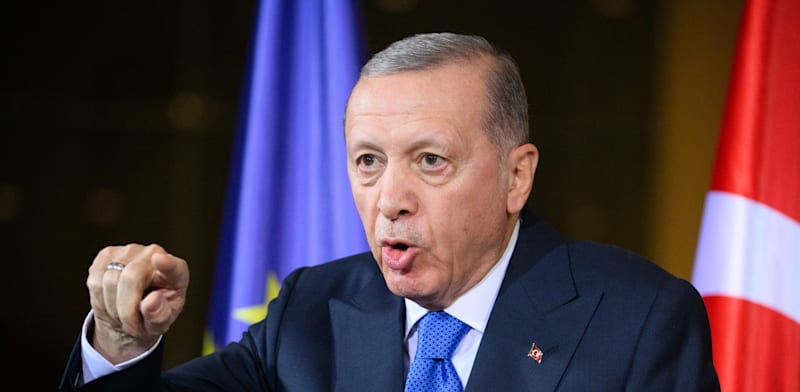The White House on Monday announced it wants to end the Covid-19 national emergency by May 11, though that would entail extending it first. The plan comes after Republicans in the House of Representatives announced a vote on ending the emergency, and as the World Health Organization said the public health restrictions ought to continue in some form.
The current national emergency declaration is set to expire on March 1, while the public health emergency (PHE) runs out on April 11. President Joe Biden intends to “extend the emergency declarations to May 11, and then end both emergencies on that date,” the Office of Management and Budget said in a statement quoted by multiple outlets. The PHE was last extended on January 11.
“Too late! Republicans already announced we’re declaring Covid is over and passing it through the House this week,” Congresswoman Marjorie Taylor Greene, a Georgia Republican, tweeted in response. “The GOP is leading on this issue and Biden is trying to take credit.”
Meanwhile, the WHO published the conclusions of its emergency committee, from a meeting held on Friday, which said the pandemic “continues to constitute a public health emergency of international concern (PHEIC).”
WHO Director-General Tedros Adhanom Ghebreyesus agreed with the committee that the pandemic “is probably at a transition point” and endorsed their recommendation for “alternative mechanisms to maintain the global and national focus” on the disease after the emergency ends.
The advisory body also urged the WHO and member states to “maintain multiple component surveillance systems” and continue pushing for vaccination, to the point of including it in “life-course immunization” schedules.

The Biden administration had tried to impose the shots, first to government employees and then to the private sector, but US courts have overruled most of the mandates as unconstitutional. Biden campaigned in 2020 on a promise to “shut down the virus.” As of Monday, the total number of US deaths attributed to Covid-19 stood at 1.11 million, up from 400,000 on the eve of his inauguration in January 2021.
















